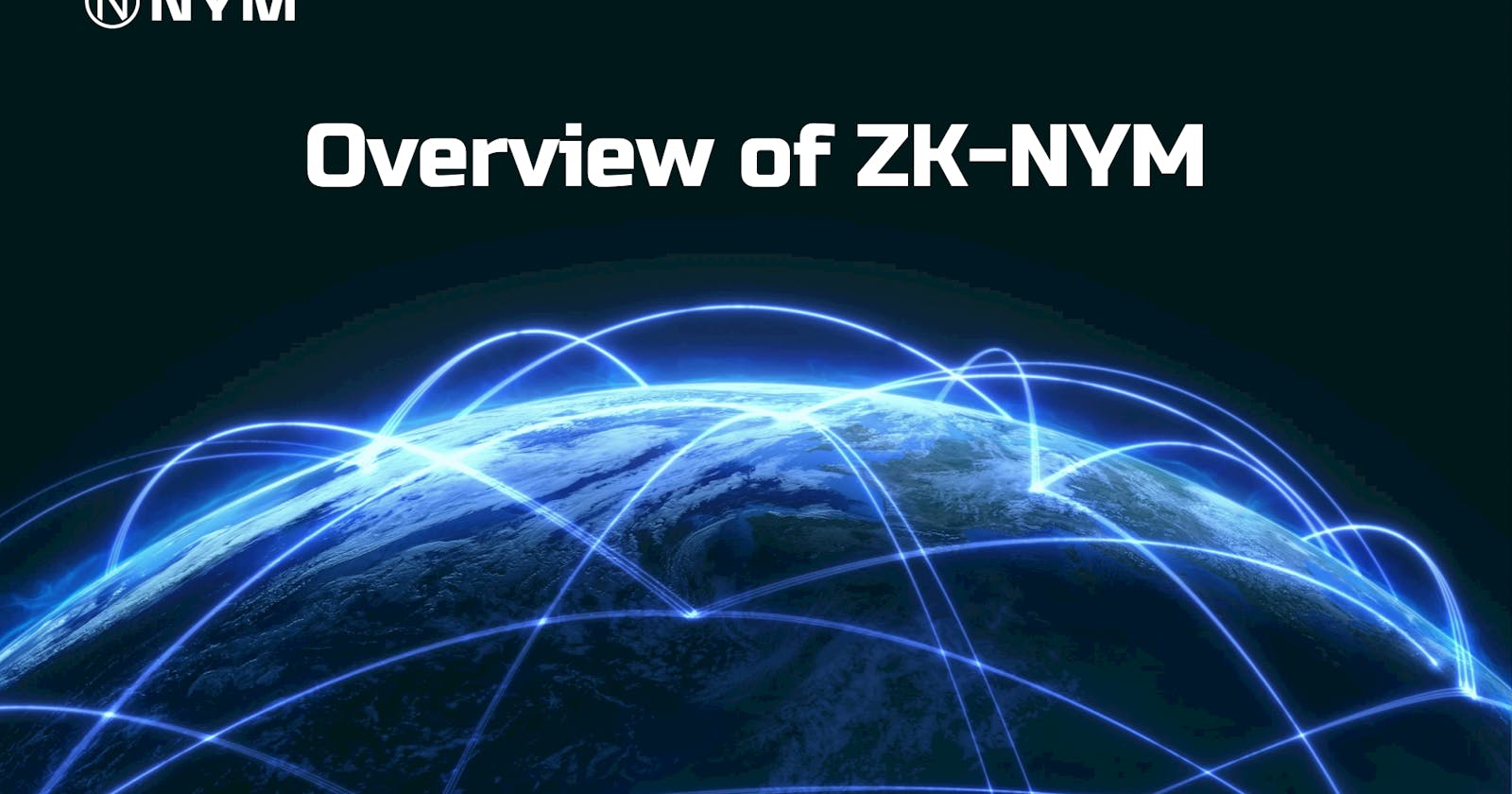Zk-nyms are a cryptographic mechanism that enables users to pay for services and use them without disclosing unneeded personal data. The following VPN example properly demonstrates why this is a significant milestone for the Nym mixnet.
One of the most popular and widely utilised privacy solutions available is a virtual private network (VPN), and if you use one, you undoubtedly pay for it with a credit card. The VPN supplier now knows your name, address, and credit card information. Additionally, VPNs serve as a reliable proxy, so even if they hide your IP address and browsing history, they are still aware of every website you are visiting.
To put it frankly, your VPN provider now knows who you are and what websites you have visited. Even worse, some “free” VPNs include third-party trackers that collect your data and sell it to other parties.
In order to resolve this, let’s look at what zk-nyms can do.
Introducing zk-nyms
The bandwidth credentials for the mixnet are the first application of zk-nyms in the real world. People can demonstrate their right to utilise the mixnet for privacy by utilising zk-nyms without disclosing their wallet address, payment amount, balance, or any other details.
We don’t need your name, address, transaction number, or any other personal information. We only need to know if you (or the application you are using) have the necessary credentials to access the mixnet. In fact, that ought to be standard practise for any digital service you utilise.
Features of zk-nyms
The fundamental benefit of zk-nyms is their distributed nature and threshold-issuance, which eliminates the need for a centralised authority to grant credentials.
Below are some of the features of zk-nyms
Cryptographic:
As suggested by the name, zk-nyms are a development of the Coconut credential system and use a number of cryptographic primitives, such as zero-knowledge proofs, blind signatures, and commitment schemes. To summarise, this piece of cryptographic magic enables people to cryptographically prove something without having to provide the supporting documentation. Zero knowledge has recently gained a lot of attention, therefore there are many manuals available for those who want to go in deeper.
Decentralized:
Decentralisation is one of zk-nyms’ distinctive features. This indicates that your credentials are not held by a single entity. Instead, a distributed validator set is responsible for issuing them. This might cause some of our readers to worry about possibly malicious validators, but we have good news for you…
Threshold issuance:
…since zk-nyms employ threshold issuance, validators only possess a portion of the key used to sign the credential. The threshold issuance has the same byzantine-fault tolerance as other validator base techniques, i.e., zk-nyms distribute trust while also preventing a system crush in the event that some validators are malevolent or go offline.
Unlinkable:
When a credential is issued to you and then shown by you, it is said to be unlinkable. This means that they cannot discover any further information, even if validators collaborate with the service to which you present your credential. Even if all the validators worked together, they would not be able to piece together the secret characteristic of your credential because blind issuance has the property of preventing that from happening.
What comes next for zk-nyms?
We believe that bandwidth credentials are simply the beginning of a new innovation road for our online life. Most of us do not live in a world where we are constantly being watched. Most people aren’t constantly being micro-analyzed by unidentified organisations to figure out who they are, where they belong, and what they’re likely to do next. You get to decide what information about yourself you share, when, and with whom in the physical world. Unfortunately, that is not the case online right now.
This will also be achievable in the digital realm thanks to Zk-nyms. Without disclosing unneeded personal information to outside parties, you will be able to selectively expose your information to establish secure and trusted partnerships. KYC with privacy preservation, private payments, access control, age verification, as well as a general single-sign on with privacy preservation, are some examples of specific use-cases.
A database doesn’t treat you like a number. Companies and government organisations shouldn’t force their identity on you through a wider net of several profiling techniques. People, not digital systems, should come first. You should have the choice of what information you share and to whom.
To get more information, stay connected to us on:
